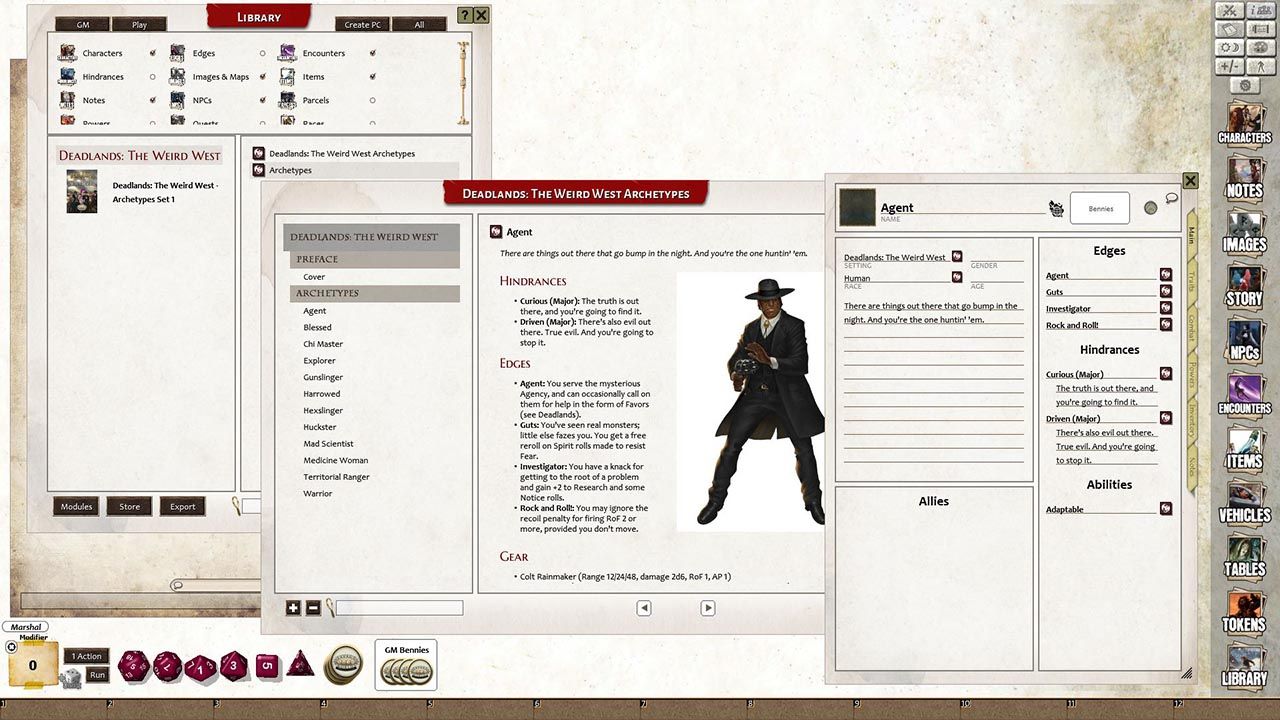
Among the possible subtypes, OCD related to tics or to TS has been widely studied ( Table 2). Studies suggest the existence of different subtypes and the hypothesis that OCD is a heterogeneous disorder. OCD (see diagnostic criteria in Table 1) is a chronic disease characterized by obsessions and/or compulsions. Obsessive-compulsive disorders and tic disorders The present study provides some data on OCD and its association with TD and Tourette's syndrome (TS), highlighting the role of neurobiology in the pathophysiology of these disorders. Usually, ordinary rituals help individuals to establish a relationship with the surrounding environment and also help them to control anxiety in times of difficulties, often giving them pleasure. It is essential that we know when children's behaviors are no longer adaptive and become dysfunctional and pathological, requiring treatment. These events are known as obsessive-compulsive disorders (OCD) and tic disorders (TD). In some individuals, these behaviors get out of control, and they begin to show repetitive behaviors without any functionality, which are detrimental to their adaptive capacity. After acquiring logical or concrete thinking, children tend to change their superstitious behaviors, channeling them towards aspects of their own performance. Children aged between two and six years have superstitions that are filled with fantasy - a characteristic of pre-logical or magical thinking. Superstitious behaviors may involve bad luck or good luck. At this age, children also start collecting different objects, which is a current version of storing rituals. 1 In school-aged children, rituals involve games with strict and extensively discussed and negotiated rules, which frequently take longer than the game itself. These repetitive behaviors are more frequent between the ages of two and four years. For example, preschool children create rituals, especially of bedtime, mealtime, and bath time. Therefore, rituals and superstitions are considered a normal part of child development. Interestingly enough, some of these rituals co-occur with superstitions, showing the cognitive aspect of thoughts, which are no longer just a repetitive behavior. These schemes, routines or rituals rely upon certain brain circuits. Or, when we get home and leave objects, such as wallet or documents, always in the same place. To some extent, we use rituals to "relieve the brain system," for instance, when taking a shower, we always apply soap to a certain part of the body first and then to another part, etc, thus "opening" our mind to other thoughts. In fact, rituals express a neuronal organization that improves behaviors and that has been developed for the selection of species. These behaviors allow individuals in the same group to establish complex communication with each other, which facilitates and standardizes their relationships. Ritualistic behaviors are common to the human experience.

Key words: Obsessive-compulsive disorder, Tourette syndrome,Tic disorders, Neuroscience. Neurobiological findings have implicated genetic and immunological factors in the etiology of these two disorders.ĬONCLUSIONS: Advances in neuroscience triggered genetic and immunological research studies, allowing new perspectives on the treatment of obsessive-compulsive disorder and Tourette syndrome patients. The definitions of obsessive-compulsive disorder and Tourette syndrome emphasize the existence of a continuum of symptoms, with high prevalence in the general population. SUMMARY OF THE FINDINGS: Ritualistic behaviors and repetitive thoughts have been extensively studied in the last years. SOURCES OF DATA: A review of the most relevant papers on the phenomenology, neuroanatomy, neuroimaging, genetic and immunological aspects of these two disorders was performed. OBJECTIVE: To describe and discuss evidence-based articles on the neurobiology of obsessive-compulsive disorder and Tourette syndrome. IIIDepartment of Neuropsychiatry, Universidade Federal da Bahia (UFB), Salvador, BA, Brazil IIPsychiatry Institute, Hospital das Clínicas, School of Medicine, Universidade de São Paulo (USP), São Paulo, SP, Brazil IGraduate Program in Development Disorders, Universidade Presbiteriana Mackenzie, São Paulo, SP, Brazil

The neurobiological bases of obsessive-compulsive disorder and Tourette syndrome


 0 kommentar(er)
0 kommentar(er)
